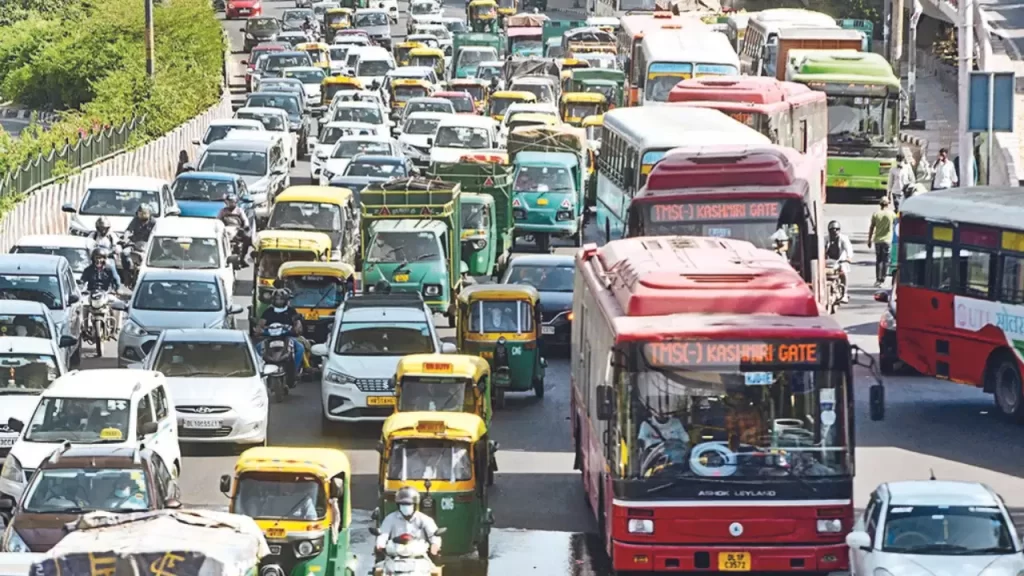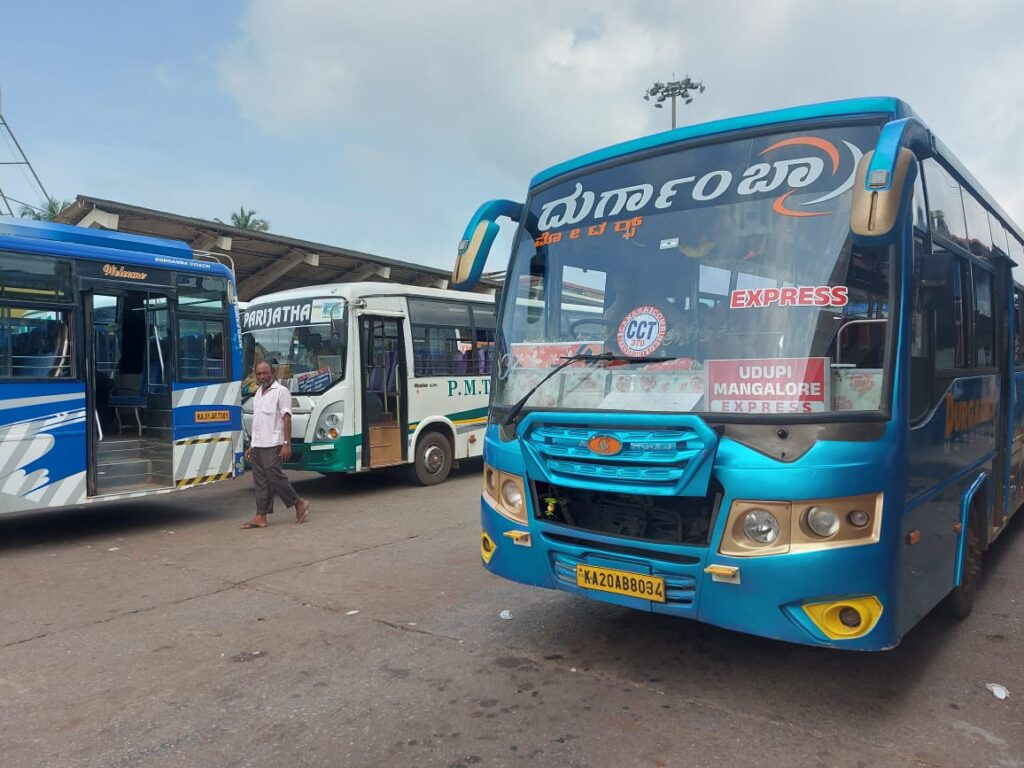
PROJECT BRIEF
Centre for Public Policy Research (CPPR), Kochi aims to undertake a national level study to document the current practices of the bus transport system in the country. The study at the national level will look into the improvement in the operational efficiency, increase in the productivity, increase in ridership, better access to the markets etc as a result of a robust and efficient bus transport system. An open and liberal policy space brings a lot more investment, infrastructure development and employment opportunities to the sector. At the same time, it fuels economic growth, and improves operational productivity and efficiency, while reducing environmental damage. Many states and regions in India struggle with the prevailing inefficient and ineffective public transport system. As a result, citizens switch to private vehicles engendering negative externalities.
The rapid growth of India’s urbanisation has led to a burgeoning travel demand that far exceeds the supply of public transport services. As per the NITI Aayog report on Transforming Mobility, India has less than 1.2 buses per 1000 population. Studies show that the country would need at least 10 lakh additional buses to cater to the transportation needs of the people. There is an urgent need to enhance the capabilities and services of road transport.
The project includes city-level study in five selected cities (Pune, Indore, Jaipur, Surat, and Hubli-Dharwad) and state-level study in three states (Kerala, Karnataka, and Tamil Nadu).
While the cities mentioned above have both the public and private operators, with private buses plying under various combinations of a public-private partnership (PPP) model, it gives an opportunity to study the cost of the operations, the efficiency and the ecosystem build-up. The states and the cities might provide sufficient data to analyse the trends and operation patterns of both the private and the state-operated bus systems given the size of the cities, the volume of the commuters and the historicity of the operations.
Along with these developments, the IT-enabled backend infrastructure to support and augment the sector was also taking shape in different regions. It gave birth to many bus aggregators whose specialisation is sales, marketing and branding of the bus tickets and the operators. The technological platforms help in service deliveries, operational efficiency etc., and it becomes another example of private investments in the transport sector in improving infrastructure, supply chain, as well as innovative products. The study shall be conducted with the support of Templeton World Charity Foundation.
The main objectives of the study include:
- To study the policies, regulations, and institutions that influence the public bus transport system in India
- To analyze learnings and outcomes from the state/s and cities which have opened the Public Transport system fully or partially to the private operators.
- To estimate the impact of a robust Public Transport sector with the involvement and participation of the private operators on the economy. Eg: investment and CAPEX in the sector with the opening up and how it helps all the stakeholders.
- To present the case studies in an evidence-based and data-driven manner to help the decision-makers to take appropriate decisions based on informed choices.
OUTPUTS
- Publication of Book with an open-source licence.
- A comprehensive research paper which would be published in a peer-reviewed journal.
- A policy brief would be developed and disseminated to various state governments in India and also submit it to the Ministry of Road Transport and Highways (MoRTH) Ministry of Housing and Urban Affairs (MoHUA) of GOI, which is the nodal ministry to oversee the changes in the rules in the sector.
- Publication of 5 OpEds (in the respective states and the cities) – both in the vernacular and in English.
- Conference with key stakeholders of the transport system.















































